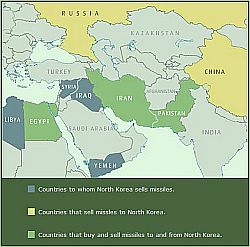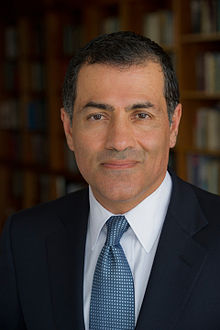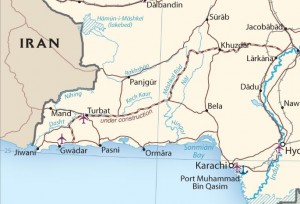Navy Releases Cartoon of New Laser Weapon After Non-Productive P5+1 Talks
Yesterday saw several developments in response to the P5+1 talks with Iran ending over the weekend with no new date announced for the next round of talks. AP launched into a discussion of Congress enacting even more sanctions against Iran, although considerable gyrations are needed to identify just what else we could possibly limit after already enacting new sanctions four times since 2010. There also was very little consideration of the damage already done to Iranian citizens. In addition, the video above appeared in articles yesterday for both Wired’s Danger Room and the New York Times announcing a new laser weapon. The laser is said to be able to shoot down drones and to pierce light watercraft, and so it will be deployed in the Persian Gulf. But not until 2014. Maybe that extra time will allow the US to make sure the Filipino Monkey can’t cause any mischief when the weapon is deployed. I’m guessing that the Times is onto something with their observation that the “Pentagon has a long history of grossly inflating claims for its experimental weapons”, especially since the Pentagon’s video, while over three and a half minutes long, has only about a minute and fifteen seconds of real-life footage, with the rest consisting of computer animation. Even Iran’s Fars News has read the accompanying report linked in the Times article where we learn of the limitation of laser weapons:
The laser does, however, have its drawbacks.
Testing has revealed it is disrupted by bad weather: Rain and clouds can scatter the beam, as can smoke, sand and dust.
In addition, due to the nature of the laser beam, these weapons are necessarily “line of sight” weapons, meaning they cannot attack targets that are beyond the horizon in the way that ballistic missiles can. Also, the report points out the issue of “blooming” where the laser beam heats up the surrounding air, making targeting difficult for an object coming straight at the weapon. A bit of what could well be that effect is seen in the live action video, where the path of the laser beam as it hits the target becomes visible just as the target is beginning to burn.
The release of an “official” video announcing the weapon, but relying so extensively on computer animation brings to mind the ridiculous cartoon that George Jahn published during previous discussions of the disputed Parchin complex and Benjamin Netanyahu’s bomb cartoon he used at the UN. When trying to convince the world of the effectiveness of a weapon of ours or the danger of a technology held by an adversary, reliance on cartoons does not instill a high degree of confidence in those who are evaluating the argument.
Today, Iran observed their National Day of Nuclear Technology which commemorates their announcement in 2006 of “completing the nuclear fuel production cycle at laboratory scale”. Iran discussed both the development of new radiomedicines and expansion of uranium mining, but Reuters found only the uranium mining to be worth mentioning. That’s okay, though. It’s not like there is a history of bad things going on when discussing yellowcake and foreign WMD. Oh. Wait.





